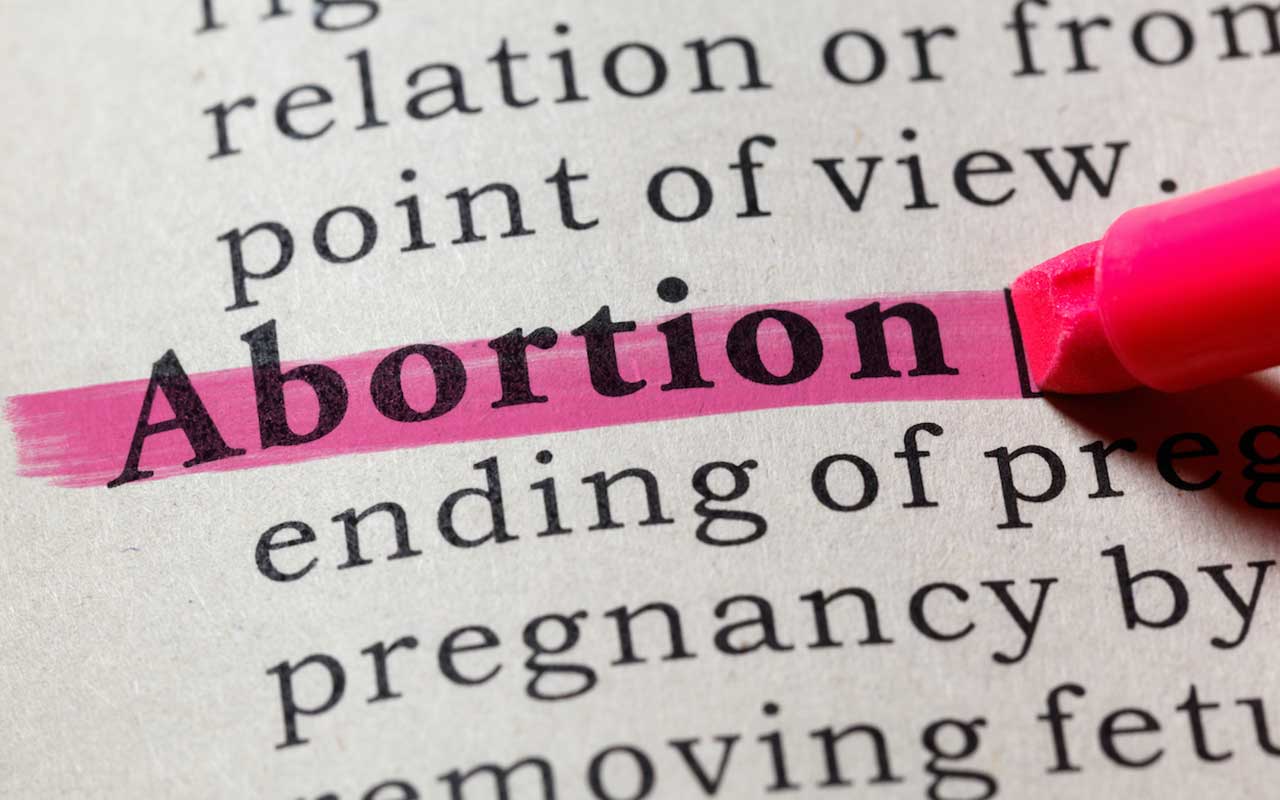• Urges caution on autism, acetaminophen claims
World Health Organisation (WHO) yesterday released its second Global Hypertension Report, showing that 1.4 billion people lived with hypertension in 2024, yet just over one in five have it under control either through medication or addressing modifiable health risks.
The new report, released at an event co-hosted by WHO, Bloomberg Philanthropies, and Resolve to Save Lives during the 80th United Nations General Assembly, also revealed that only 28 per cent of low-income countries report that all WHO-recommended hypertension medicines are generally available in pharmacies or primary care facilities.
According to the WHO, hypertension is a leading cause of heart attack, stroke, chronic kidney disease, and dementia.
According to the global health body, hypertension is both preventable and treatable, but without urgent action, millions of people will continue to die prematurely, and countries will face mounting economic losses.
The new report revealed that from 2011 to 2025, cardiovascular diseases, including hypertension, were projected to cost low- and middle-income countries approximately $3.7 trillion, equivalent to around two per cent of their combined GDP.
It noted that blood pressure medication was one of the most cost-effective public health tools, yet only seven out of 25 (28 per cent) of low-income countries report general availability of all WHO-recommended medicines, compared to 93 per cent of high-income countries.
The report explores the barriers and strategies for improving access to hypertension medication through better regulatory systems, pricing and reimbursement, procurement and supply chain management, and improved prescribing and dispensing of these medicines.
President and CEO, Resolve to Save Lives, Dr Tom Frieden, stated that safe, effective, low-cost medicines to control blood pressure exist, but far too many people can’t get them.
He observed that closing that gap would save lives and save billions of dollars every year.
The Director-General of WHO, Dr Tedros Adhanom Ghebreyesus, lamented that every hour, over 1,000 lives were lost to strokes and heart attacks from high blood pressure, adding that most of these deaths were preventable.
ALSO, WHO has urged caution on autism and acetaminophen claims, saying several studies ‘found no such relationship.’
It called for caution before making links between acetaminophen use by pregnant women and autism.
WHO spokesperson, Tarik Jasarevic, noted “some observational studies” that had suggested a possible association between prenatal exposure to acetaminophen, or paracetamol, and autism, “but evidence remains inconsistent.”
Several studies conducted afterwards had “found no such relationship,” he said.






